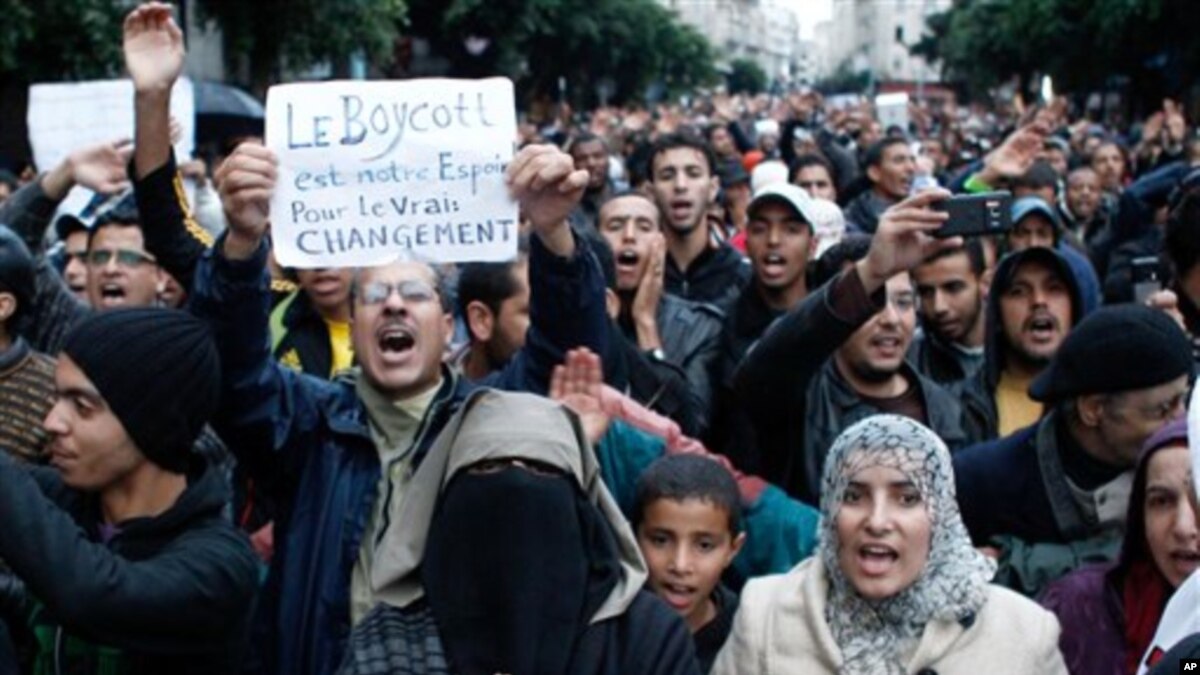
Revolutions have a nasty habit of taking off in unexpected directions, Friedrich Engels noted more than a century ago. The morning after, people realize “the revolution they made was nothing like the one they had wanted to make.”
The 19th century political philosopher’s words seem especially apt for the Arab Spring uprisings. Seven years after a wave of protests erupted across the Middle East and North Africa, turning the region upside down, none have met the hopes of the revolutionaries, mainly ordinary Arabs seeking an escape from stagnation and corruption.
Nor have they fulfilled the expectations of Western onlookers and enablers.
Once celebrated in Western capitals, and inspiring progressive dreams of many young Arabs, the uprisings within months, turned nasty, souring the optimism of those who believed that overthrowing autocrats and holding elections would herald a more stable region less given to eruptions and brutal repression.
Benghazi attack
For the West, the first moment of real doubt came with the jihadist attack on the U.S. diplomatic compound and a nearby intelligence annex in Libya’s Benghazi, which claimed the lives of U.S. Ambassador to Libya Christopher Stevens, a champion of the Arab Spring, and three other Americans.
That attack underscored how chaotic and unruly the Middle East had become and how easily jihadists could foment upheaval.
Ordinary Arabs didn’t like what they had woken up to just months into what they had hoped would be a new era of individual dignity, personal autonomy and improved living standards.
Egypt, Libya, Yemen, Syria
In Egypt, a high-handed Islamist government enraged both progressives and “deep state” loyalists, prompting a popular backlash the army hijacked to install into power General Abdel Fattah el-Sissi, a copycat of ousted strongman Hosni Mubarak.
This week el-Sissi ordered the arrest of a former Egyptian army general who planned to run against him in forthcoming elections, the fourth potential challenger to be detained in what appears to be a coordinated state campaign to drive would-be candidates from the race and to manage the campaign. Analysts say Egypt’s latest strongman and his allies in the military and security services appear determined to ensure a trouble-free re-election, a move that makes a mockery of the 2011 uprising, activists say.
In Libya, in the wake of the ouster of its leader, Colonel Moammar Gadhafi, a series of prime ministers floundered in their efforts to establish order and to decommission ideological and town-based militias, fracturing the North African country. An Islamic State affiliate emerged, beheading Christians and foes as it seized coastal territory.
Yemen descended into brutal civil war and starvation, inviting in outside powers Saudi Arabia and Iran and empowering extremists.
In Syria, the heart of the Middle East, vicious repression of non-violent reform protests featuring systematic rape, mass detentions and torture, gave way to an armed revolt, which again encouraged the intervention of outside powers, including Russia, the United States, Iran, Saudi Arabia, Turkey and Qatar.The revolt was quickly distorted by the emergence of the Islamic State terror group and rivalry between Islamists and moderates.With hundreds of thousands of dead, there still is no end in sight.
Where did West go wrong?
With the collapse of governments and the break up of Arab states, religious visionaries and fanatics, from Sunni jihadists and Islamists to militant Shiites, filled the void. Progressives and moderates were ill-equipped to cope, and a confused West lost hope, analysts say.
Skeptics like John Bradley, author of the book After the Arab Spring: How Islamists Hijacked the Middle East Revolts, argued early on the West and local progressives were guilty of wishful thinking and were too quick to hail the stirrings of the Arab Spring and draw parallels to the 1989 fall of the Berlin Wall.
Others maintain the Arab Spring could have worked out. The choice wasn’t binary argued Matthew Partridge in a review of Bradley’s book. “America and Europe need to lead from the front — not from behind,” he said as the Arab Spring’s consequences unfolded.
Another expert, Bill Lawrence, a former analyst at the International Crisis Group, a New York and Brussels-based research organization, has said the West was as much onlooker as participant, arguing “a big mix of forces came together in the region to express rage over hopeless economics, corruption and abusive government.”
The demographics of the region suggest that one cause of the Arab spring turbulence, jobless young men, will long remain. All the Arab spring countries share at least two things: They have very young populations and they are unable to create jobs.
The birthplace of the Arab Spring, Tunisia, has managed a relatively peaceful transition from an authoritarian regime to a functioning democracy.
But this month and in December a new round of austerity measures, with higher prices for basic foods, fuel and energy, sparked street protests. Police and protesters drawn from the youth movement Fesh Nestannew, which means “What are we waiting for?” supported by youngsters from working class areas, clashed. Like the 2011 protesters, they are demanding better lives.
Read More Arab Spring’s Costs Still Being Counted : http://ift.tt/2DBt4um
No comments:
Post a Comment